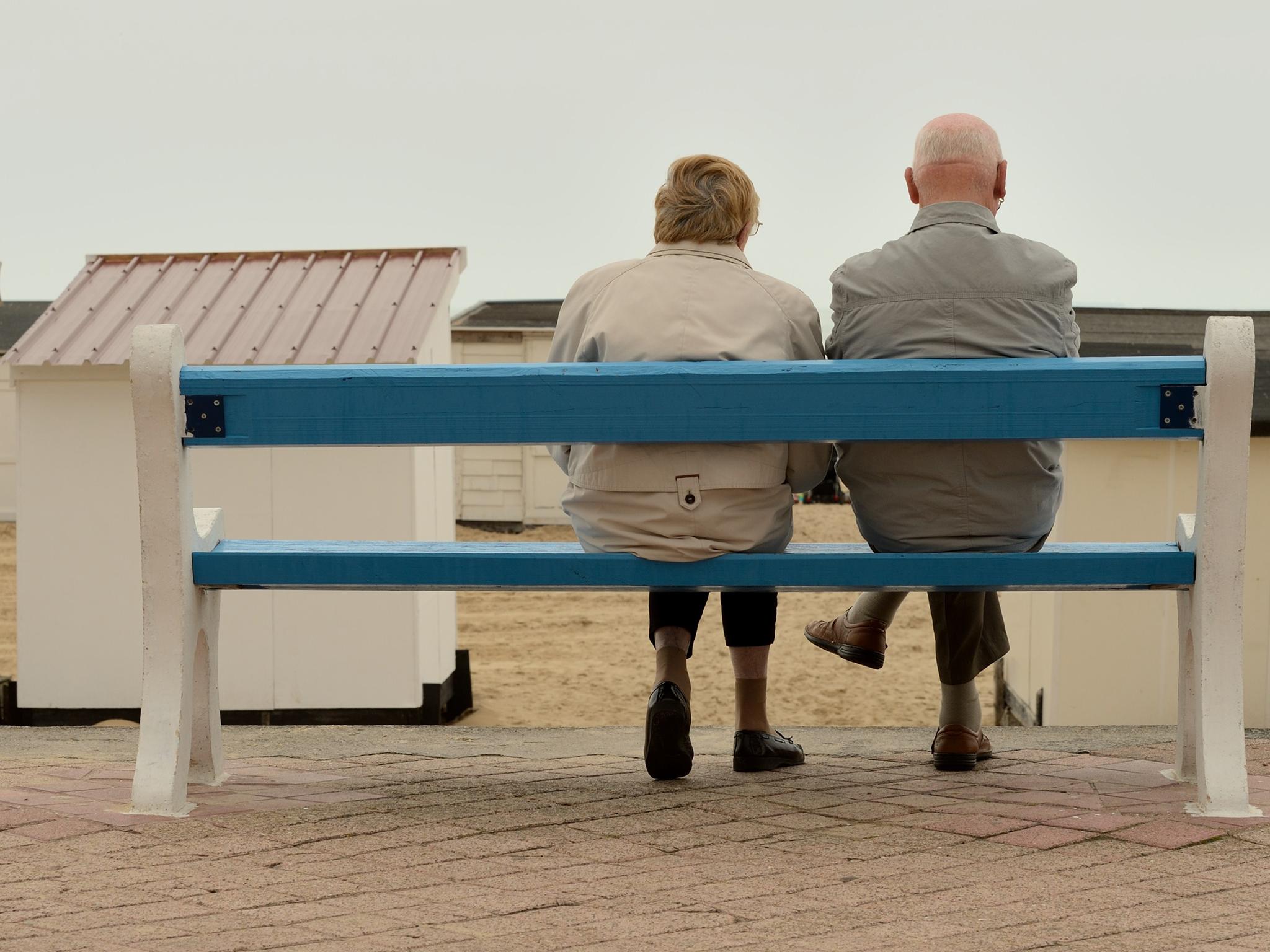Lasting power of attorney: Record numbers entrusting money to others
Almost 750,000 people now consigning their money, legal and healthcare affairs to friends and family every year

The number of people formally assigning emergency decision-making to those they trust with a lasting power of attorney has soared by more than 180 percentage points in the last five years.
Up by more than a quarter in the last year alone, 726,000 people handed over control of their affairs to those they trust in 2015-16, data from the Office for National Statistics (ONS) has revealed.
Lasting power of attorneys (LPAs) allow individuals to appoint a person they know and trust to act on their behalf, in the case of loss of mental capacity. LPAs grant legal authority over issues including money, property and their health.
Failure to register an LPA, legal specialists warn, could mean someone unsuitable assuming control of an individual’s personal affairs, increasing the risk of financial abuse.
It can also mean that an individual’s assets are frozen for an extended period while that person’s ability to make their own decisions are assessed if concerns about their mental capacity have been raised.
Where a family business or other financial commitments such as a mortgage are involved, this can cause considerable problems.
Matthew Evans, partner at law firm Hugh James, said: “Registered LPAs ensure you are immediately in the hands of someone you have chosen to manage your affairs should you lose the ability to make major life decisions for yourself.”
“In this respect they are arguably better than other options because they offer individuals that choice.”
“Without an LPA, individuals are left more vulnerable to potential financial abuse – as they have little to no direct control over who looks after their affairs, should they lose the ability to do so themselves,” he adds.
Gender divide
The rise in LPA registrations comes as longer life expectancies mean there is a higher chance people will lose the ability to make decisions for themselves during their lifetime.
At the time of their birth, males born in 1951 – and who are therefore coming up to retirement now – were expected to live to the age of 66 and females to 72, according to figures from the Office for National Statistics (ONS). Today, their life expectancies have increased to 84 and 92 years respectively.
The ONS’s 21st Century Mortality study found that the most common cause of death in 2016 was dementia and Alzheimer’s disease.
Meanwhile, the MoJ data also shows that 48 per cent more women registered LPAs last year than men.
With women typically living longer than men, it is more likely that they will need support from friends and family members.
But some women are still dependent on their husbands to have responsibility for the family’s finances, as part of a generation when for many, their husband’s role as financial provider was a clearly defined social expectation.
Many women who outlive their husbands may find that their lack of experience in dealing with finances can make an LPA necessary.
Until independent taxation was introduced in 1990, married women had to declare everything on their husband’s tax returns as their income was considered part of their husband’s income. Before 1990, wives were unable to file tax returns themselves – reinforcing the husband’s statutory responsibility for finances.
Changing times
Alison Morris, partner at law firm Wilsons, said: “Many women have depended on their husbands to look after the family finances – without them, these women can be left stranded. It may seem very old-fashioned, but it has been just 27 years since the law that married women had to declare their income on their husband’s tax return was overturned.”
“There is a long-term trend for more women registering LPAs than men, as the older generation are often more patterned into stereotypical roles where the husband takes care of the finances, as the main breadwinner.”
“These women are often more likely to acknowledge that they might need help, particularly when it comes to their finances. Therefore, they are often more inclined to accept assistance from family and friends in later life, in the form of LPAs.”
“Under an LPA you can choose people you trust implicitly to act in your best interests – and who know you well – to manage your property and finances. Taking legal advice over the appointment of an attorney can ensure that there are safeguards in place against financial abuse.”
Against the backdrop of an ageing population, the Government has been campaigning to raise the profile of LPAs. Application forms and processes have been simplified and on 1 April 2017 the cost of LPA applications was reduced from £110 to £82.
More information about LPAs and entrusting decision-making to others can be found here.
Subscribe to Independent Premium to bookmark this article
Want to bookmark your favourite articles and stories to read or reference later? Start your Independent Premium subscription today.

Join our commenting forum
Join thought-provoking conversations, follow other Independent readers and see their replies